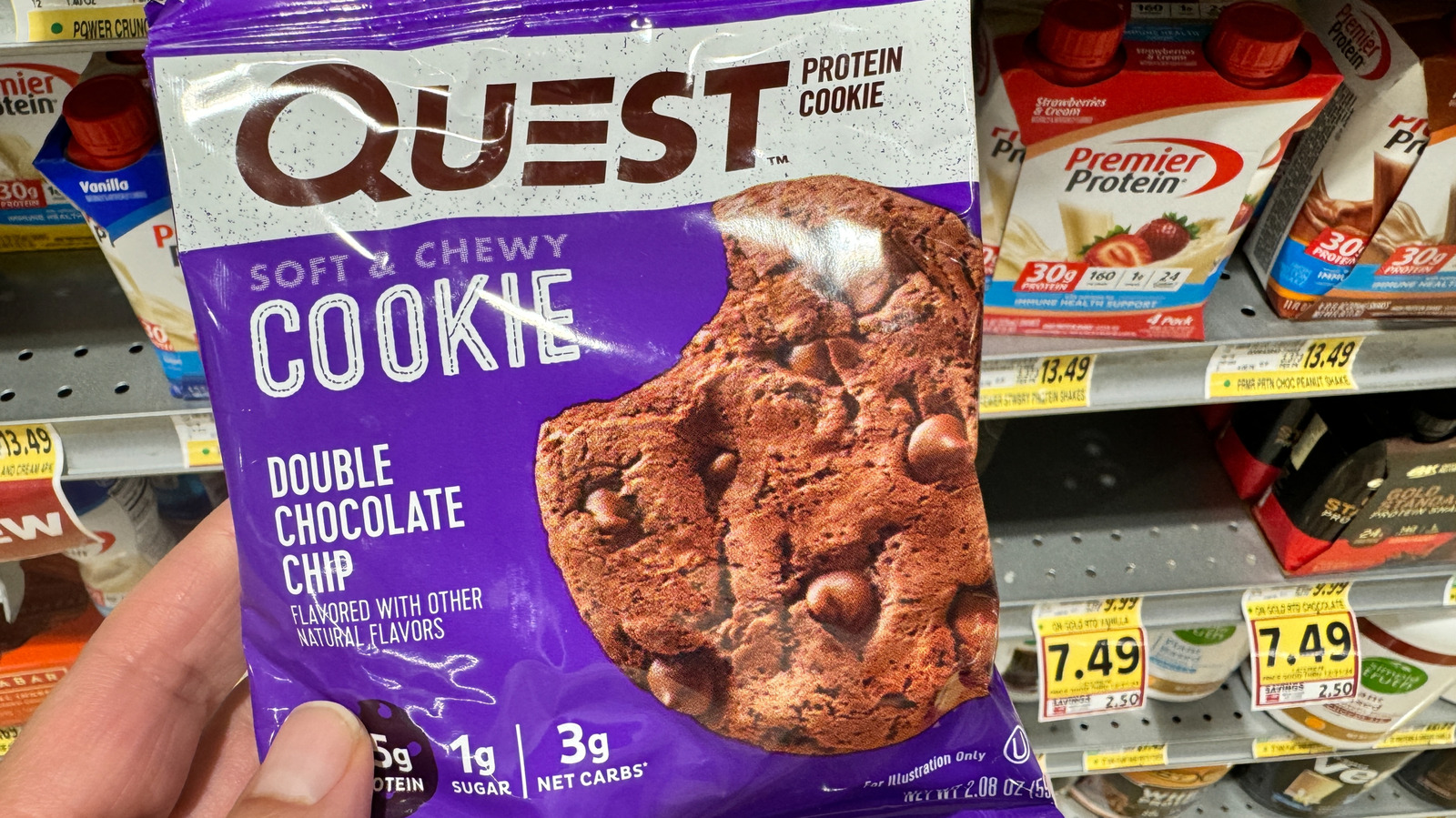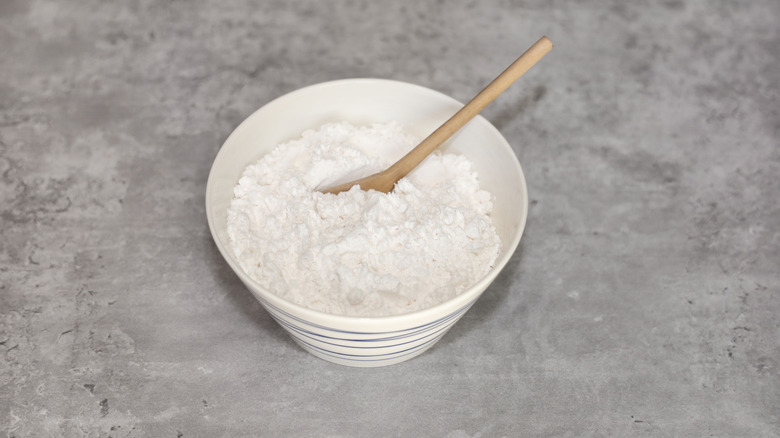Whether a juicy steak or a chickpea salad is more your style, protein is an essential part of the foodie’s lifeblood. In fact, the word “protein” itself comes from the Greek “protos” meaning “first,” a nod to how fundamental adequate protein intake is for good nutrition. Luckily, a kaleidoscope of protein bars tailor-made for sweet-toothed foodies has bloomed across grocery aisles, making it easier for folks to hit their protein goals. However, the infamous hamartia when it comes to protein bar brands is ironically unhealthy amounts of artificial sweeteners. So, what kind of sweetener do Quest protein cookies use? Stevia? Honey? Molasses? All good guesses, but no! It’s erythritol, of course!
It’s no secret that overdoing it on sugar can negatively impact the body. To help reduce their daily added sugar intake, many foodies have turned to foods with “sugar-free” or “diet” labels, which are sweetened with sugar substitutes or alternatives like erythritol. The FDA recommends a daily intake of 50 grams of protein for adults, and one Quest chocolate chip protein cookie covers an impressive 15 of those grams with zero grams of added sugars. That’s a good thing … right?
Erythritol comes in the form of sugar-like crystal granules or as a fine white powder. It’s considered relatively safe for consumption in small amounts as a FDA-regulated food additive, and it doesn’t affect glucose or insulin levels, which can be great for folks regulating their blood sugar. But, zero-calorie erythritol isn’t a quick-fix answer for dropping table sugar.
Quest protein cookies are sweetened with erythritol
Unlike other artificial sweeteners like aspartame and saccharine, which are up to 700% sweeter than table sugar, erythritol is classified as a “sugar alcohol” like sorbitol and xylitol, which aren’t as sweet as table sugar. It might sound pretty chemical, but the human body actually produces small amounts of erythritol as a byproduct of natural metabolism. The unnatural thing here is the 1,000-times higher doses of erythritol that enter the bloodstream from packaged foods, per the Mayo Clinic.
Just as aspartame (one of the six FDA-approved “high-intensity” sweeteners) has been identified as a possible carcinogenic, erythritol has been linked to increased risk for heart attack and stroke. According to Stanley Hazen, MD, PhD, a specialist in preventive cardiovascular medicine at the Cleveland Clinic, “the risk for clotting can be increased for several days after consumption of just one serving of artificially sweetened food containing erythritol.” This sugar substitute helps reduce added sugar intake, but it comes coupled with the potential for digestive issues and heart problems.
Per the FDA, the majority of U.S. adults routinely exceed the recommended daily added sugar intake by multiple percentage points. All in all, erythritol (like other sugar alcohols) is generally a safer sugar substitute than high-intensity sweeteners like saccharin, sucralose, and aspartame. It’s a preferable ingredient when it comes to sweetened packaged foods. But, to be safe, enjoy Quest cookies in moderation to reap the health benefits of that protein without the drawbacks.





